The first worker-peasant state in Southeast Asia was established. The two words Vietnam resounded with excitement and pride, sparking and igniting new, intense and vibrant inspiration for poetry, music and painting, making the country's literary culture change its appearance. From then on, our literature had only one movement: revolutionary literature.
Poets are the most sensitive people, who have expressed for us many thoughts, joys, sorrows, worries and dreams of a bright future for a new Vietnam. The inspiration that pervades revolutionary poetry is joy, passion, and enthusiasm for the "rebirth" of the nation. Xuan Dieu is the poet who sings more than any other romantic poet at that time:
There is a stream of poetry flowing from closeness
From far away to near again
(New poetry source)
Or "The country is full of vitality/ The rice shoots are still growing" (Countryside). Before the August Revolution, Xuan Dieu was a poet who always had a passionate desire for love, a desire to live, and a desire to communicate with life. After more than two months of Independence, on November 30, 1945, Xuan Dieu completed the long poem "The National Flag", and through the sacred symbol of the red flag with a yellow star of the Fatherland, the poet joyfully welcomed Vietnam with verses full of vitality:
Wind howls! Wind howls, Vietnamese wind howls
... Vietnam! Vietnam! Red flag with yellow star!
Chests heaved for breath on Independence Day
New resources are pouring in from all directions.
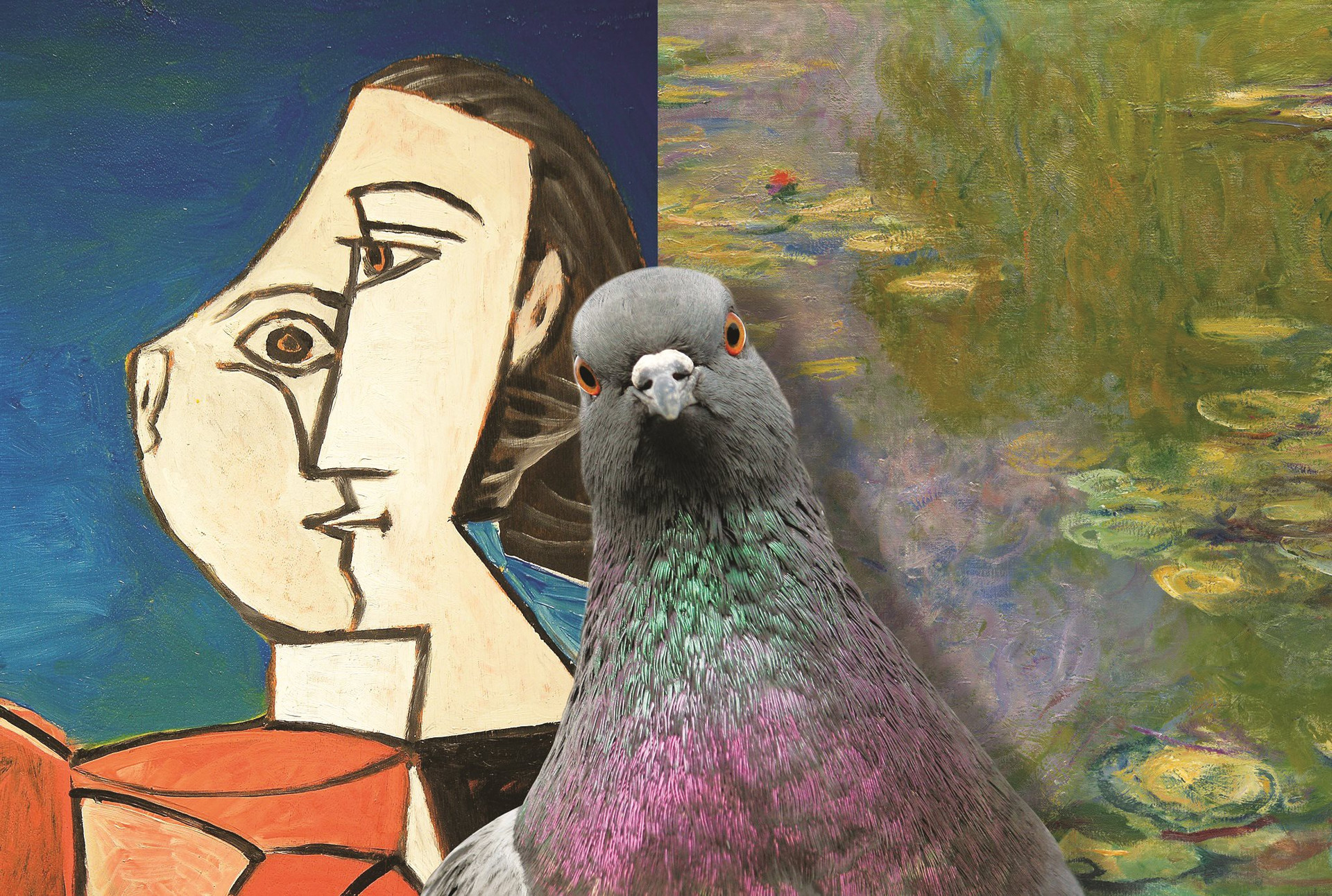
Xuan Dieu outlined the nation's struggle for independence "under the red flag with a yellow star". The flag was everywhere and fluttered in every corner of the country: "There were only a few days when Vietnam was so beautiful/All over Vietnam the flag was flying with the people's hearts" . The flag lifted the steps of many soldiers, called for the army's aspirations, gave them the strength to overcome all hardships and dangers, and win: "Holding the flag with a sparkling yellow star/ The flag is like an eye open all night/ Like a fire burning forever on the top post".
In early 1946, Xuan Dieu completed the second epic poem "The National Conference" to praise the first National Assembly of Vietnam elected by the people. The author compared it to the Dien Hong Conference of the Tran Dynasty. From there, he affirmed the will of solidarity and unity of the entire people determined to fight to protect the newly won independence and to protect the young Vietnam. "The National Conference" opened its arms to welcome all generations of people with "knives and guns" to build and protect the first independent Vietnamese State. In addition, Xuan Dieu also wrote other poems such as "A demonstration", "General... non-strike"... to criticize and satirize the Vietnamese traitors and lackeys who were fighting against the young government.
Poet To Huu - the leading flag of Vietnamese revolutionary poetry joyfully welcomed the August Revolution right in his homeland with the poem "August Hue", written with romantic inspiration, filled with ecstatic joy, recording important events:
Flat chest for four thousand years, strong wind this afternoon
Blow up. The heart suddenly turns into the sun.
There is a bird in the hair dancing and singing.
A year later, To Huu continued to write the songs "Unending Joy", "Kill the Enemy", "My School", "Ho Chi Minh"... expressing his belief in the future of Vietnam under the talented leadership of beloved Uncle Ho.
Nguyen Dinh Thi also radiated immense joy before the liberated land and sky, before the red flag with yellow star fluttering in the wind:
Cheering, flags and trees glowing red
The yellow stars swayed and waved...
Known as a romantic poem with poems about love between couples, however, the revolutionary atmosphere has covered Tham Tam's poetry with a new color, feeling about the Country and the People in the red and yellow colors of the national flag, through the revolutionary lens, how beautiful "The sacred soul is everywhere / This morning shines on the red silk". Like Tham Tam, poet Nguyen Xuan Sanh before the August Revolution used to write mysterious and deadlocked verses, but now he has expressed joy through very real details of simple life:
I thirst for the boundless sound of the waves
We celebrate the wind festival when we set off.
Poet - soldier Tran Mai Ninh, who was working in the South Central region at that time, also expressed his deep love for the country and its people through two poems "Love of mountains and rivers" and "Remembering blood". Love of the country is the love of mountains and rivers, the love of people who know how to "Mix labor with the country". The beautiful and harsh places of the South Central region rush into the poem with a free, bold, proud tone, and with a very impressive visual style:
The moon tilts over Tra Khuc river
Clouds and water
Sunny and mixed with coconut trees in Tam Quan
The sad wind is winding
Bong Son is gentle like a poem
Dimly shining on Binh Dinh, dimly moonlit
Phu Phong is wide.
Phu Cat
An Khe is so high...
Soldiers with the spirit of "determination to die for the Fatherland" directly rushed into a new battle:
Thousands of soldiers
Thousands of silver and gold children of the Fatherland
Living... in silence
But firmly grasp the supreme honor
Staring into the abyss of the future.
(Remember blood)
Poet Doan Van Cu - author of famous "poetic paintings" such as: "Tet Market", "Road to Mother's Home", "Summer Moon" before the August Revolution, has now expressed a new feature in the national soul that is reviving brightly with traditional colors:
How many village girls yesterday still wore red blouses
The flower's mouth smiles like the dawn
Today all out of the green bamboo fence
With blood boiling in veins.
The poetry welcoming the new Vietnam focused on the theme of Country - People with Independence - Freedom, creating a touching literary image. That is the image of Uncle Ho - the founder of our Party, the one who gave birth to the Democratic Republic of Vietnam. The two outstanding poems "Ho Chi Minh" by poet To Huu and "Ho Chi Minh" by Te Hanh stood out. Although To Huu's writing about Uncle Ho at this time was not as good as a series of articles about Uncle Ho later, he was able to portray the image of a new type of national hero, crystallizing traditional beauty:
Ho Chi Minh
Oh sacred torch
Above our heads, the national flag
A Hundred Centuries in His Name: Patriotism
Eternal friend of the world of pain.
Poet Te Hanh firmly affirmed Uncle Ho's role in the revolutionary boat through sincere and general thoughts about his virtues:
Bright, gentle, sincere, determined
Wind and waves are light, thunder and lightning are not terrifying
Ho Chi Minh, only He can
Bring the boat of the Fatherland to glory.
Poetry celebrating Independence Day, welcoming the new Vietnam is the breath of the sacred soul of the mountains and rivers, the echo of millions of people. It is the belief, the endless joy of our nation, mostly written in the epic and romantic inspiration. The multi-colored, multi-tonal verses adorn the garden of modern revolutionary poetry. It marks a turning point in the history of the nation, a change of life after 80 years of slavery. It flows from the veins of poets - soldiers. It motivates and inspires many generations of people. That source of poetry has passed nearly 8 decades ago, but when we read it again, we still find it fresh, still see the burning topicality as if it were yesterday.
Source




![[Photo] Thousands of Buddhists wait to worship Buddha's relics in Binh Chanh district](https://vphoto.vietnam.vn/thumb/1200x675/vietnam/resource/IMAGE/2025/5/3/e25a3fc76a6b41a5ac5ddb93627f4a7a)
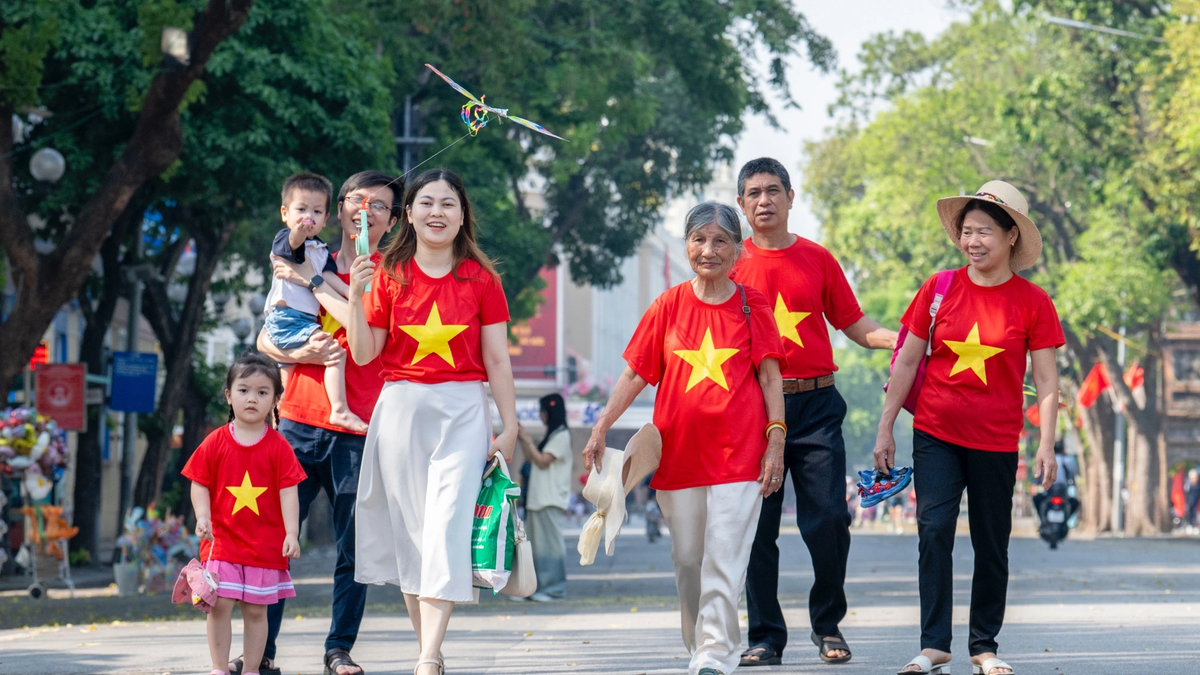

![[Photo] Bustling construction at key national traffic construction sites](https://vphoto.vietnam.vn/thumb/1200x675/vietnam/resource/IMAGE/2025/5/2/a99d56a8d6774aeab19bfccd372dc3e9)




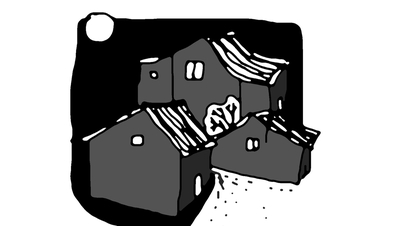

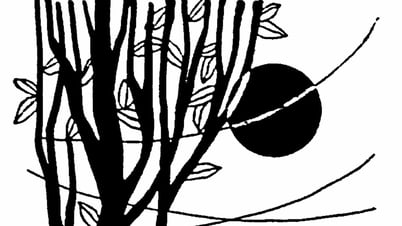



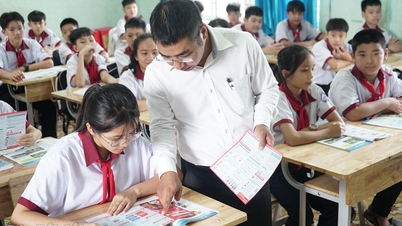













![[Photo] "Lovely" moments on the 30/4 holiday](https://vphoto.vietnam.vn/thumb/1200x675/vietnam/resource/IMAGE/2025/5/1/26d5d698f36b498287397db9e2f9d16c)




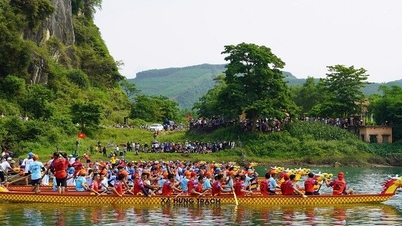



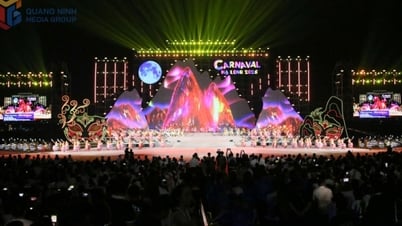

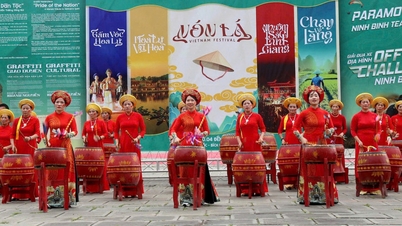





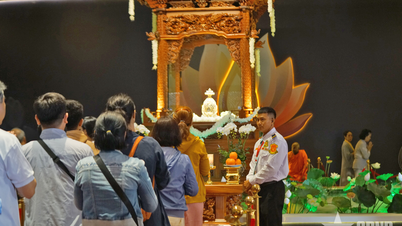

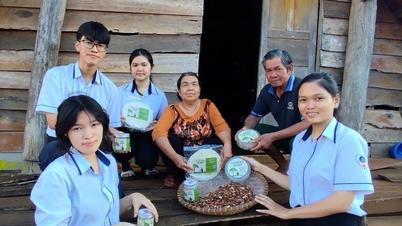
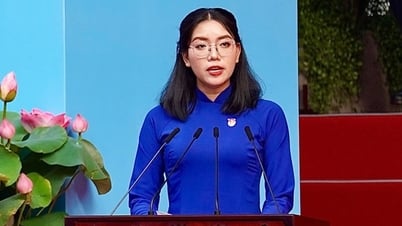

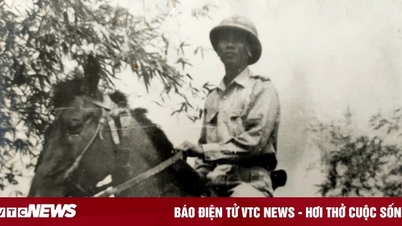









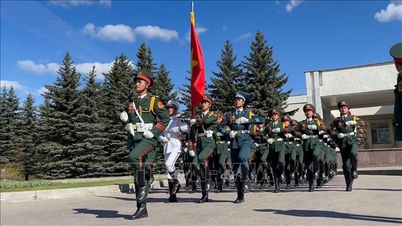
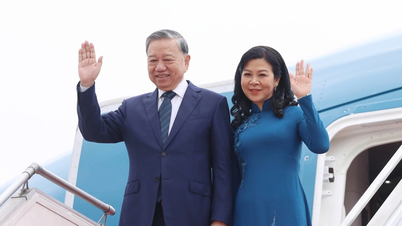

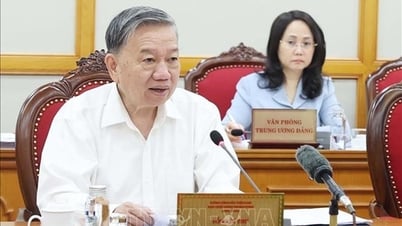

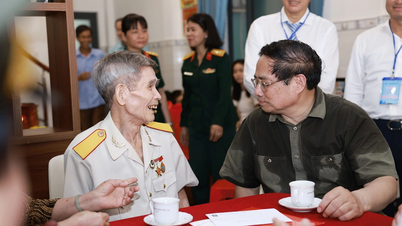













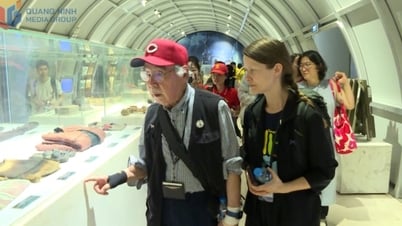
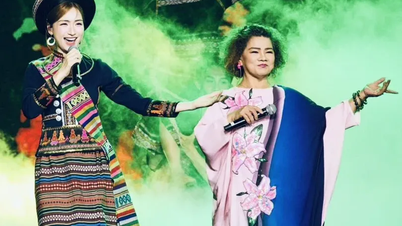

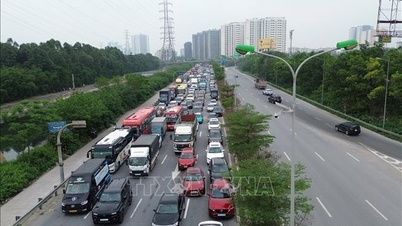

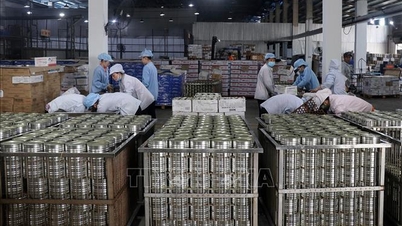


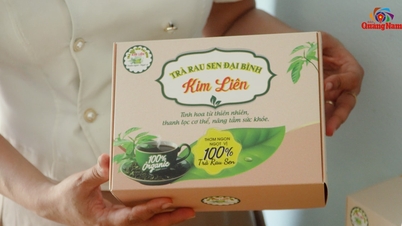







Comment (0)